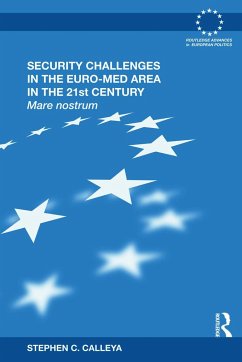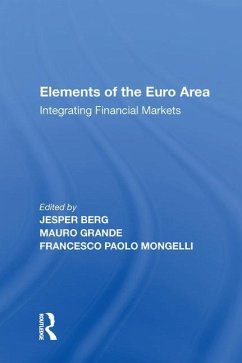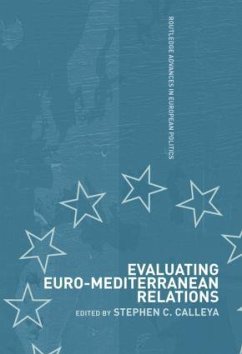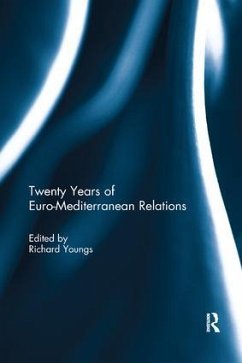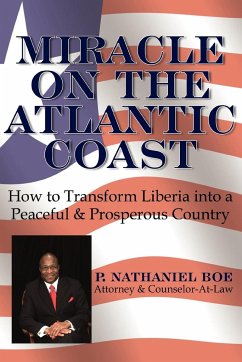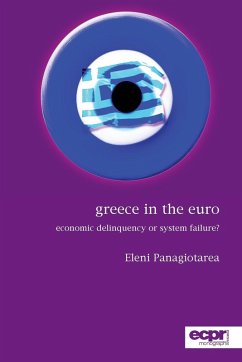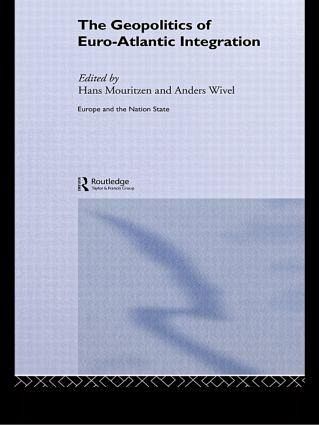
The Geopolitics of Euro-Atlantic Integration
Versandkostenfrei!
Versandfertig in 1-2 Wochen
69,99 €
inkl. MwSt.

PAYBACK Punkte
35 °P sammeln!
No set of international relations is as thoroughly analyzed, commented on, taken apart and critiqued as the ties between Europe and the United States. A period of post-Cold War integration has been buffeted by trade disputes, economic strife and differences in prosecuting the fight against global terrorism. Now for the first time there is an accessible and theory-based analysis of European foreign policies in the post-Cold War era. The authors argue that EU- and NATO-mediated geopolitics prevails in most of Europe, but that raw geopolitics tends to pop up at the fringes of this thoroughly inst...
No set of international relations is as thoroughly analyzed, commented on, taken apart and critiqued as the ties between Europe and the United States. A period of post-Cold War integration has been buffeted by trade disputes, economic strife and differences in prosecuting the fight against global terrorism. Now for the first time there is an accessible and theory-based analysis of European foreign policies in the post-Cold War era. The authors argue that EU- and NATO-mediated geopolitics prevails in most of Europe, but that raw geopolitics tends to pop up at the fringes of this thoroughly institutionalized area. Moreover, the effects of past geopolitics persist in the collective memories of several states and compete with contemporary geopolitics in their policy formulations. Focusing on the post-Cold War era, The Geopolitics of Euro-Atlantic Integration includes analyses of the Benelux, Nordic and Baltic countries, Central and East European countries and those in Southern Europe. This geographical range was made possible through contributions by leading European scholars and area experts. The coherence of this edited collection is facilitated by constellation theory, a new geopolitical theory explaining European foreign policies in a comparative perspective. Scenarios for the future of Europe are formulated as well as perspectives for the constellation theory when applied to other parts of the world. Of interest to political scientists, observers, academics and students, this is an invaluable guide to post-Cold War European relations.





